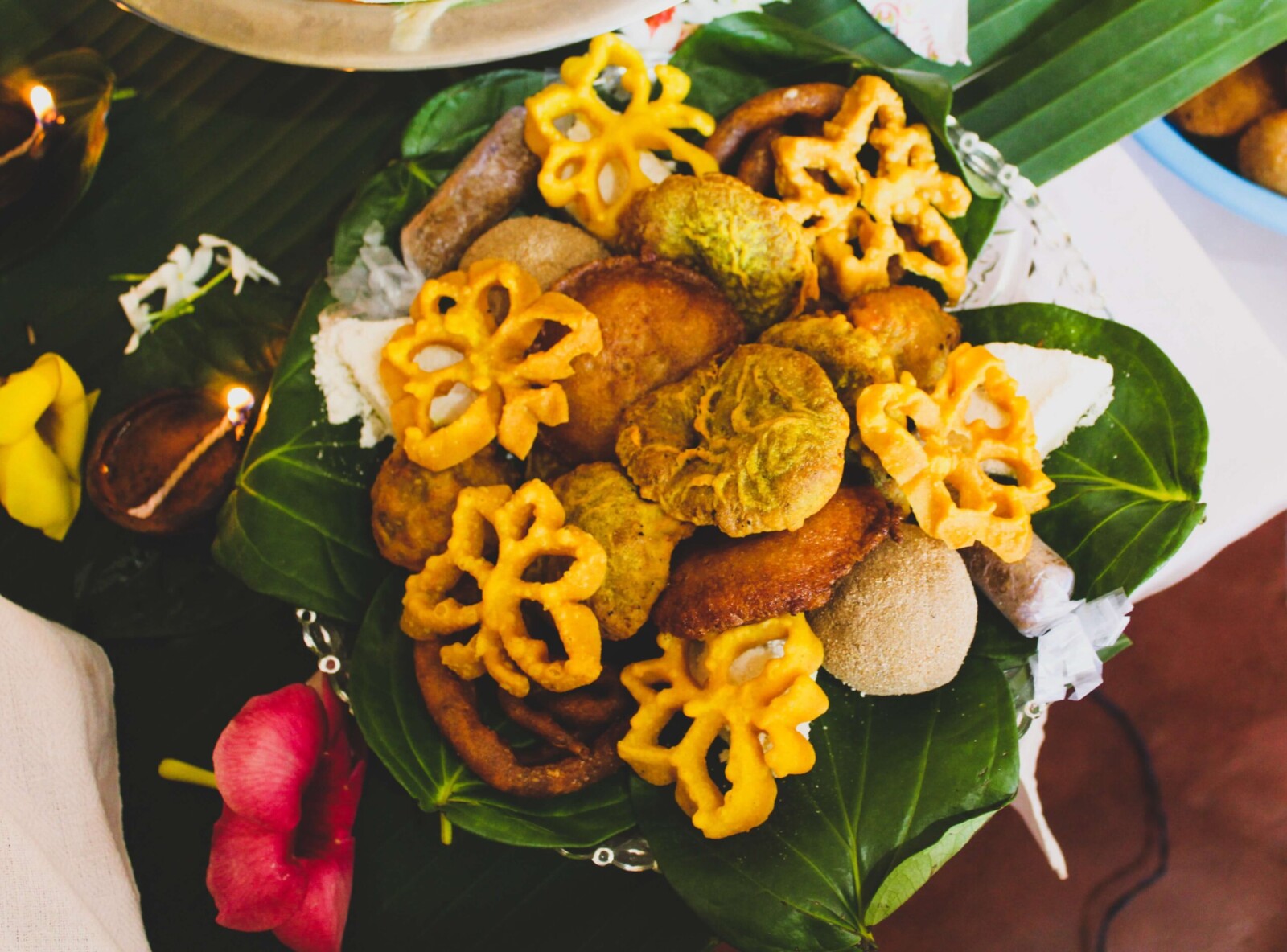With majority of Sri Lankans being Buddhists, the Sinhala and Tamil New Year in Sri Lanka is the biggest holiday season in the country. The 13th and 14th of the month of April are marked as public holidays in every Sri Lankan calendar, with the 13th being the last day of the old year and the 14th being the first day of the new year, also known as Aluth Avurudda. All Sinhalese and Tamil communities of the island come together for this New Year celebrations with a bunch of traditions and religious activities taking place at every gathering.
So, if you are planning a holiday in Sri Lanka during the month of April, you are bound to enjoy these fun games and festivities. Most hotels in Sri Lanka will entertain guests with traditional food and activities during the Sinhala and Tamil New Year festive season.
What is Avurudu?
According to Buddhist astrology, the New Year begins when the sun moves from Meena Rashiya house of aries to Mesha Rashiya, thereby marking the end of harvest season and spring season. The new year festivities have now been integrated into many households as it brings people together with a series of tradition, food, fun and games that involve the entire community.
Astrology and importance of the ‘Nakath’ Time
During the avurudu period, astrologers work out a Nakath (auspicious time) to carry out traditions and rituals pertaining to good luck, prosperity and happiness for the people. Nakath begins with an auspicious time for bathing on the last day of the old year and viewing of the moon on the same night. In village temples, bells and drums make people aware of the timings to perform different rituals.
Some rituals that are done at auspicious timings include preparation of meals, putting on new clothes to signify the dawn of the new year, visiting the temple, commencement of work by all family members, boiling milk, anointing of oils, and so on.
Preparing the Avurudu Meals
The New Year is celebrated with boiling milk in a new clay pot, and as the milk spills over from all sides of the pot, it symbolizes prosperity. Kiribath, or milk rice is prepared along with a variety of other traditional sweet treats such as kokis, kewum, milk toffee, aluwa and thalapa to serve visitors, gift neighbors, and take when they visit other family homes. With these treats, the avurudu table is decorated – making it a colorful affair.
Avurudu Rituals and games
From lucky colors to auspicious times, the Sinhala and Tamil new year involve a whole lot of deep rooted traditions. The ‘ganadenu’ tradition is where children offer betel to parents to show gratitude and obtain their blessings and some gifts in return. The applying of oil by a chief monk is another tradition which is done before the ceremonial bath, showing the special interest they take in looking after the health of the people.
The Sri Lankan new year festivities also include tradiional games that both children and adults can partake in. these games are also played in school and office Avurudu celebrations. Sack race, kabaddi, tug of war, kotta pora (pillow fight by balancing on a horizontal bar placed at a height above the ground), and kana mutt (breaking pots) are a few traditional games enjoyed by all.

